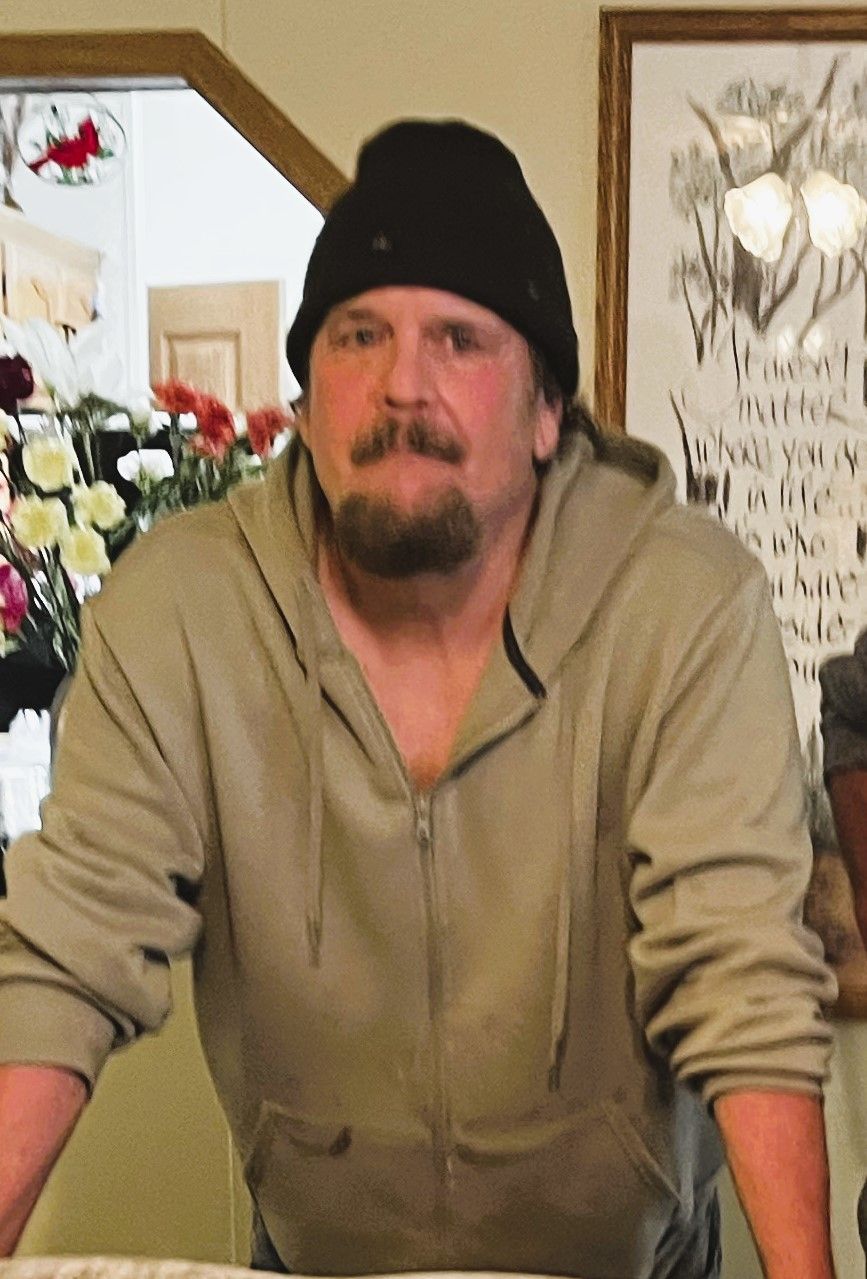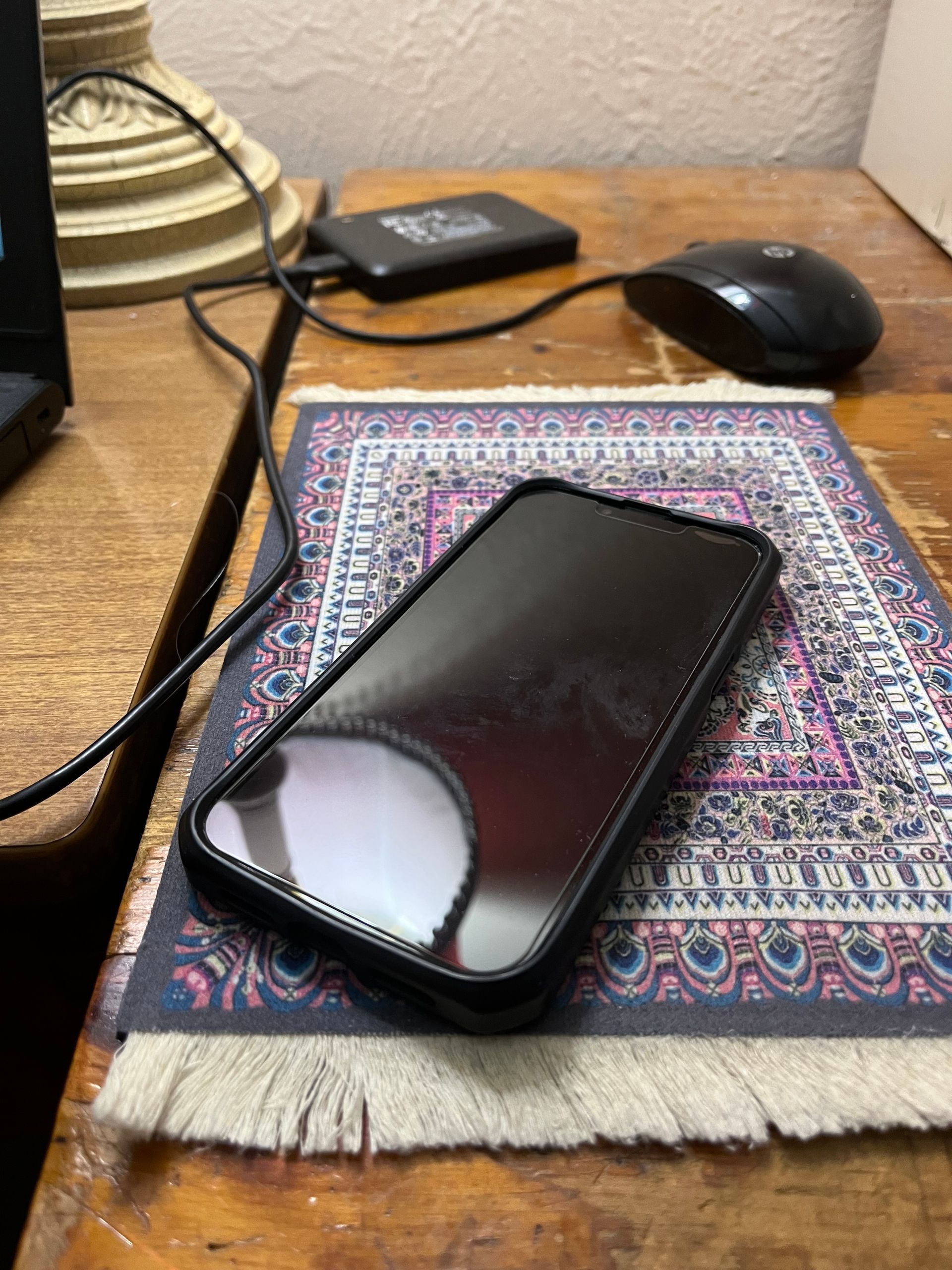Thursday's Columns
July 31, 2025
Letters to the Editor
Reactions to Westphalia's
New Turtle Logo

Mike Gauthier
Our Ace Reporter's
Youngest Brother
Iron Mountain, MI

Mike Gauthier
Hey, Bro:
Love the turtle logo. Many analogies come to mind instantly with the turtle/human connection. They're constantly on the move and never have to worry about a roof over their head! I'm sure some turtles get depressed as do humans, but one thing a depressed human can learn from a depressed turtle is to keep going forward one step at a time no matter what. Yep, they evolved or were created to a perfect form over 200 million years ago and really haven't changed since! What a story they could tell! Yes, nice logo. Well done.
I'll wait for my baseball hat with that logo on it. I'm sure the world headquarters of a publishing company would certainly send out free caps with the company logo!
----------
Trudy Fisher
Working Artist
San Francisco

Trudy Fisher
To the Westphalia Staff:
Congratulations on your new logo. Kudos to Jess for the design! Out here in San Francisco, we have a man who walks his duck on a leash, as well as several other curiosities you will hopefully enjoy, once you and Culley Jane get here. BTW, I too went to Woodstock.
----------
Blaine Betts
Retired Teacher
Marquette, Michigan

Blaine Betts
To Westphalia's Ace Reporter:
Willie Nelson, placed in an empty motel conference room and told to write a song, composed "Hello Walls," a number one hit on Billboard's chart in 1961. Every Thursday I look forward to your column, and every week you find something meaningful to report. Thank you for enriching your readers' lives with your observations and your sense of hope even though you must often begin by looking at an empty wall. Westphalia Publishing's choice of a turtle logo reflects the aspiration of writers like Willie Nelson and you who find meaning in ordinary objects and situations.
Although I was not an English major at Northern Michigan University, I was impacted by encounters with literature in some lower-level classes. "Black Rook in Rainy Weather" by Sylvia Plath shows us how ordinary things can become transcendent through natural events or even through changing one's perspective. That poem has given me hope for over 50 years. Like you awaiting a subject for a future column, or like any of us seeking relief of some sort, our role is to remain vigilant as we await an "...angel for that rare random descent." Plath found unexpected beauty in an imperfect world. So might it be for us all.
The turtle is a symbol of hope. It is easy going, patient, non-aggressive, yet it can defend itself. May your column and its readers enjoy slow, peaceful lives with the promise of longevity. Thank you for your good work.
----------
Patrick Henry
Professor Emeritus
Whitman College
Walla Walla, WA

Patrick Henry
My Friends at Westphalia:
Love the image! A turtle. Totally appropriate to the situation. Even a little progress can still be progress. Listen to Rosa Parks: "Stand up for something or you will fall for anything. Today's mighty oak is yesterday's nut that stood its ground."
--30--
Our
Story
by
Lawrence Abby Gauthier
ace reporter
The Westphalia Periodic News

A Most Common Thing
I was reminded of something I know but sometimes forget by this week's Letter to the Editor from Blaine Betts, from Marquette, way up north along the southern shores of Lake Superior in Michigan's Upper Peninsula. We were both in college there in the late 60s, Northern Michigan University, although we took different classes.
In college, I had English professors, but encountered my first real writing teacher on the road in the 70s. I met him in a small-town café down by the railroad yards. He was on the road, too, our backpacks heavy with the weight of unfinished novels.
He asked me if I was a writer.
I said, “I want to be.”
He said I would be when I said I was.
I said, “I am.”
And that was it. Maybe I would be a bad writer, or maybe I would be a good writer, or a lazy writer who only wrote when stoned. But I had been handed the code to pass through a secret door, two morphogenic words — “I am.”
Before he went his way and I went mine, he left me with three suggestions.
First, reshape my long ramblings into something resembling poetry. Gather together my scattered energy into something you could hold in the palm of one hand.
Second, be always aware of etymology. Like the word, itself — “etymology,” from the Greek words Etymos (true, real, actual) and Logia (to speak, to tell) — words are like people, every one of them with its own history and story to tell.
And, finally, he told me to read a book called Treatise on Literature by the 19th century German philosopher, Arthur Schopenhauer (1788-1860). Over the years, I’ve grown to dislike Schopenhauer. He was a virulent antisemite and leader of the anti-Leibnizian philosophical school of Pessimism. Nevertheless, from his Treatise on Literature I learned a most useful tool.
In the book, Schopenhauer addresses a nagging question that keeps writers up at night and drives them to drink… what to write about? He suggested we look around where we are for a most common thing — a pair of old shoes in the corner of the room, for instance — and then write.
And now it's many years later and I'm getting old and I look around the room where I write and there it is, a most common thing… Glass! It's so obvious that it makes me laugh. So common. Sunlight streams into the room through glass windows. Glass holds my coffee in a cup. I can browse all the great libraries of the world through the paper-thin layer of glass covering the screen of my iPhone, sitting there on my desk next to my computer waiting to be noticed. Schopenhauer tells me to focus all my attention on the iPhone's glass. It's special glass. It contains a sprinkling of atoms of Rare Earths elements and that's what makes it special.
Writers have to learn that there’s a time to write and a time to write.
It was time to write.
Over the past month or so, I’ve been spending lots of my research time familiarizing myself with the Rare Earths issue. It’s big news right now, hitting the front pages of all the mainstream press. Understandably so. We need Rare Earths to continue living the American Dream. China controls 90 percent of the supply. The issue confronts America with an existential threat, or so it would seem.
I read in a U.S. Geological Survey report that close to half of all the Rare Earths we annually consume in America are used to make specialized glass, like the glass for energy-saving light bulbs and laser tubes and those gigantic plasma TV screens I see at Walmart which people use to cover their living room walls.
Glass for my iPhone.
Glass for military grade night goggles and quantum age optical range finders and the instrument panels for jet fighters protecting America by leveling neighborhoods over there. There's a thousand pounds of Rare Earths in every F-16. We can’t make effective artillery shells without antimony, which, technically speaking, is not a Rare Earths element, but, like them, is something we no longer mine and produce on our own here in de-industrialized America. China controls the supply and won't let us have any that we intend to use for military purposes. It's their Trump card, so to speak.
The whole thing’s a big supply chain bottleneck involving international relations with threats and counter threats all because of the molecular structure of an unusual group of elements in the middle of the Periodic Table.
Trump outlined his position on the issue on March 20 when he signed an Executive Order to implement “Immediate Measures to Increase American Mineral Production.” If we can’t get it from China, we’ll make it ourselves… USA! USA!
Mining projects mired in eco-friendly red tape for years are being fast tracked through the Bureau of Land Management’s occult permitting process required to build anything unnatural on public land. Environmentalist groups are pushing back with lawsuits. But even if Trump succeeds, it will be years before we’ll be able to produce on our own enough of all the things we need to feed the dream without giving some things up.
Generally speaking, I'm suspicious of anybody who promotes austerity as national economic policy. I'd hate to give up my iPhone. I think it would be counterproductive. However, for the sake of everybody concerned, I do think there are some things we'd all be better off doing without.
